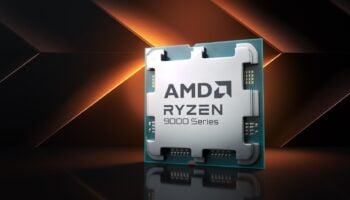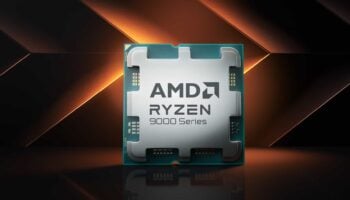
Intel introduced a new game optimization technology with its 14th Gen processors, known as APO (Application Optimization). The chipmaker didn’t provide any documentation on this technology, only mentioning that it boosts gaming performance in supported titles. Unfortunately, it only optimizes two titles for now. Metro Exodus and Rainbow Six Siege.
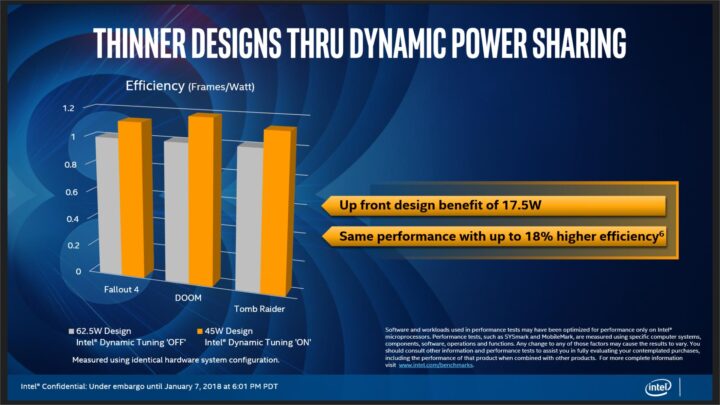
The good part is that it can offer a significant performance boost in supported titles, with users reporting gains of over 30%. How does this work? How do you extract a double-digit percentage increase using a scheduling optimization that runs on only two SKUs? Our friends at ElchapuzasInformatico have done an excellent job of explaining it.
Intel APO is a form of Dynamic Tuning Technology (DTT) that controls the allocation of CPU resources to various processes running in a given environment. DTT has been supported across a wide range of hardware for quite some time. A good example would be AMD’s Smartshift or NVIDIA’s Dynamic Boost algorithms. They optimize gaming performance by dynamically shifting power between the CPU, and GPU, per the workload needs.
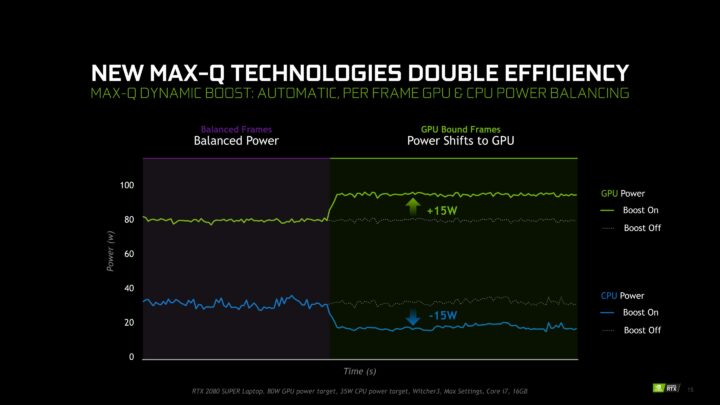
The overall power envelope remains unchanged, but its distribution between the CPU and GPU is modulated. Unlike Turbo Boost, Dynamic Tuning doesn’t change the voltage or boost the GPU/CPU to a higher limit. It tackles power-related bottlenecks, boosting the processor higher for longer durations.
APO is an implementation of DTT that works between the P and E cores. It shifts the power between the core clusters, often to increase the boost clocks on the P cores, doing the reverse for their E siblings. This explains what GamersNexus observed in the past.
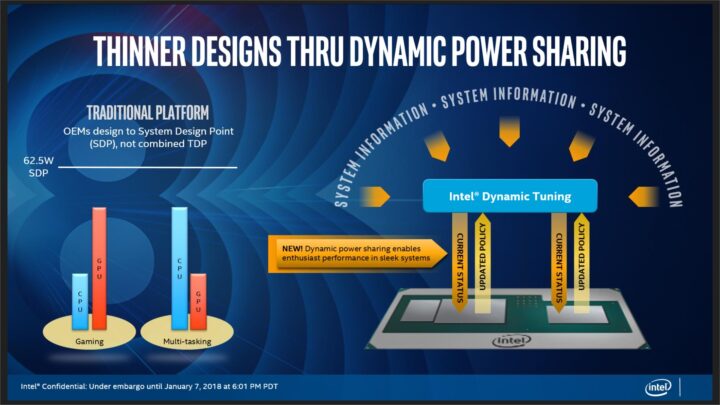
It’s worth noting that Intel has been using DTT on its mobile processors to regulate power sharing between the CPU and the iGPU. Starting with Ice Lake, it also optimizes idle power consumption by predicting user activity, thereby disengaging boost ahead of schedule.


